BHP’s long term leadership line up gets a shake up after Geraldine Slattery’s new appointment

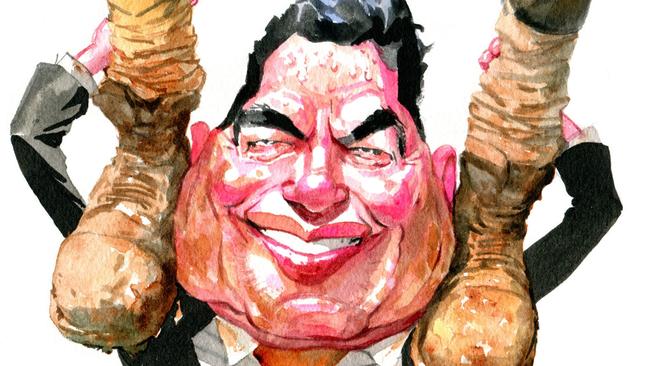
Edgar Basto’s place on the bench is already established, having served as the previous local boss and now working as global chief operating officer.
Henry is not going anywhere quite yet, less than three years into the job and having already performed minor miracles by collapsing the dual-listed structure and effectively divesting petroleum.
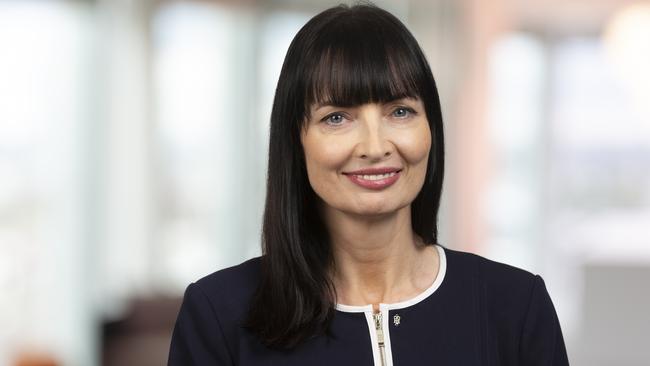
Basto’s global role is built on cultural change around the BHP Operating System (BOS), which he says starts with listening to what the people on the ground are saying, taking notice and developing leaders around the notion “you only solve problems once”.
The bottom-up approach means BHP has 80,000 problem-solvers, and the company figures that over the course of the year $US1.3bn ($1.9bn) in cost reductions or revenue uplift was achieved.
He sees three levers, starting with customers and how to serve them better, empowering the people working for you to solve issues from the bottom up and operating perfection, which is a continuous journey.
Basto figures BHP needs to be the best, which means improving faster than the rest because your competitors are not standing still.
It used to take trains in the Pilbara 38 hours from the mine to the port and back again, but after fixing up the process around the dumper at the port, return times are now three hours or just under 10 per cent less, which means more ore gets delivered.
Same deal with train slowdowns for various reasons, which were targeted to be restricted to 40 minutes per cycle but are now at 30 minutes, adding 0.8 million tonnes of ore reaching the port. The bottom-up approach requires management to spend more time on site and less in the office, and thanks to better technology the paperwork can be done on the road.
This means over the past three years supervisor time on site has increased from 49 to 81 per cent.
Safety is another key metric, with no fatalities in the last 42 months, and the rate of high-potential injuries down by one-third in the last year.
In his global role Basto can step up the transfer of knowledge by taking techniques from plant to plant on top of existing management transfers.
This continuous improvement process is a key driver for Henry as a metric which drives BHP performance.
CBA means business
Consumers are scared but small business confidence is holding up, in part because in relative terms, business took a bigger dive during Covid-19.
Now the economy is OK, so business has the luxury of being able to pass on cost increases.
The consumer is taking the hit from all angles, which will hit business if it continues.
With something like $100m in deposits on its books, the business sector is also relatively lightly geared.
CBA business banking boss Mike Vacy-Lyle has a goal of closing an internal gap between the bank’s 25 per cent market share of transactions and its lending share at 18 per cent.
Market leader NAB has the gap covered, and by the time Vacy-Lyle gets there he will have comfortably taken the lead.
Competitors talk of CBA’s aggressive stance but Vacy-Lyle puts it in terms of just working better with what is already on the books.
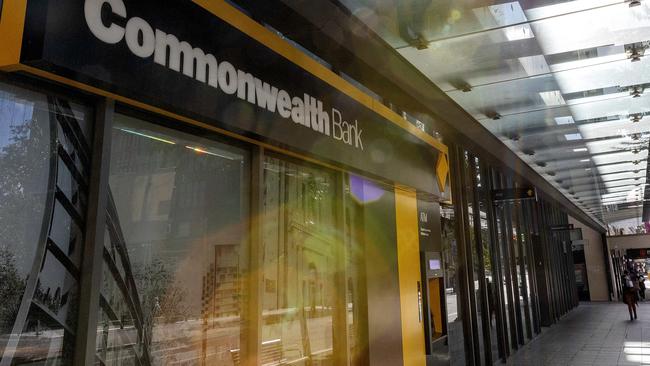
The business bank is running at 1.3 times system, and while net promoter scores are market-leading and improving, they are still negative.
It helps when you play from a base of a $1.2 trillion balance sheet and when 75 per cent of new loans ($33bn) are sourced from existing bank customers.
The way he looks at it, there are three sectors: up to $1m; $1m to $50m; and over $50. The sweet spot for Vacy-Lyle is in the up to $50m zone.
The business bank has $219bn in loans outstanding and $223bn in deposits and is the market leader in the eftpos terminals, with a new smart health terminal targeting NAB’s HICAPS terminal for doctors and dentists.
One difference with the CBA Smart Health terminal is it combines patient bookings with payments and insurance cover, so it’s the complete software management package.
Because CBA already banks many of the loan targets it can see business receipts and spending in real time, which means loan decisions are faster and the bank can process more loans.
Climate of change
Energy Minister Chris Bowen is laying the foundations of his new climate policy which has seen increased interest in the Climate Market Institute’s annual roadshow. The talks are primarily designed to educate the business community on carbon markets, including current opportunities, innovations and their role within corporate climate strategy.
This week Bowen released a discussion paper on his new safeguards policy, which is the cornerstone of the new framework with a paper coming shortly on the new market rules.
Merger reform needed
Former ACCC boss Rod Sims is running a campaign against the over consolidation of Australian industry, noting that “the Australian economy suffers from high levels of market concentration” that causes a detrimental effect on consumers and productivity. The country’s merger laws are the most important tool to prevent this, Sims argues, but “they are not up to the task”.
He has a point. This week the ACCC took a step forward in a criminal cartel case against Bingo Industries, which pleaded guilty, leaving former boss Daniel Tartak on his own to fight the case.
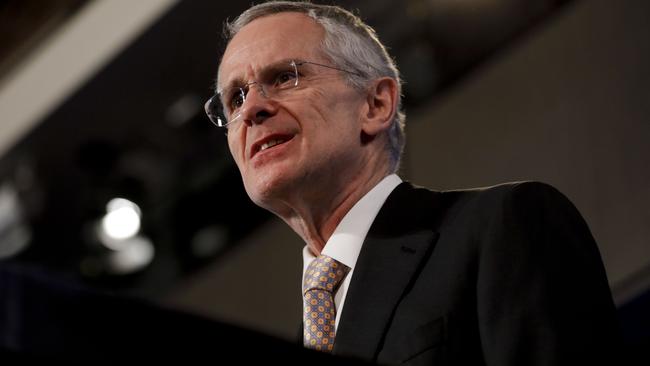
Bingo was acquired last year for $2.3bn by Macquarie, which installed its own management.
The ACCC said: “It is alleged that in mid-2019, Bingo agreed with its competitors Aussie Skips Bin Services and Aussie Skips Recycling to fix and increase prices for the supply of skip bins and the provision of waste processing services for building and demolition waste in Sydney.”
In February 2019 then ACCC boss Rod Sims cleared a $578m Bingo takeover of Dial a Dump, after accepting an undertaking to sell its Banksmeadow facility.
The ACCC noted at the time: “Post-acquisition Bingo is expected to hold a significant share of Sydney dry landfill in terms of both annual throughput and remaining airspace.”
The regulator confided there were other skip bin companies, including the aforementioned Aussie Skips, Grasshopper, Orange Bins, Just Skip Bins, Brown Brothers and Dump It Bins.
One of this group separately approached the ACCC with news of potential price fixing in the industry.
If you want to run a successful cartel it works best when as few people as possible are in on the deal, which is why industry consolidation helps.
This is one reason why it’s better if the ACCC stops the consolidation before dealing with the aftermath, but that of course requires the right merger laws.

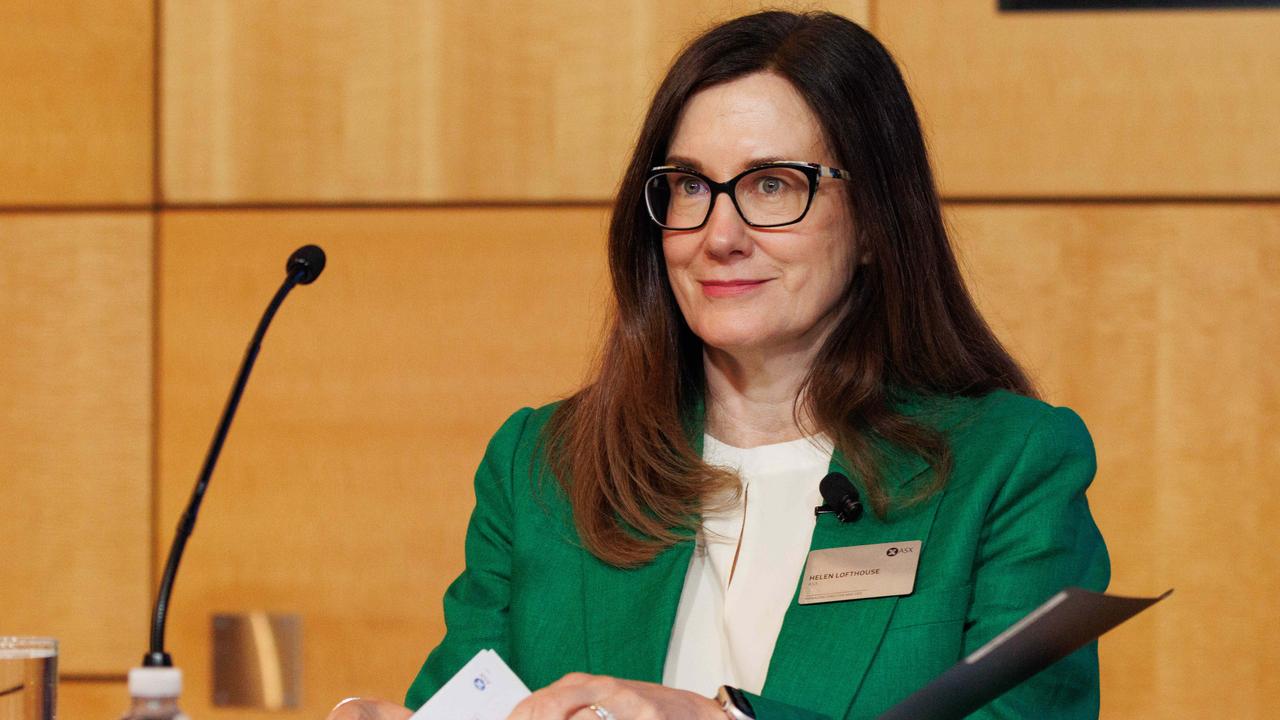

Brand Ken Mackenzie would like to appoint a female chief to BHP, which in part explains why former petroleum boss Geraldine Slattery has jumped into contention as heir apparent to Mike Henry after being appointed to run the Australian assets this week.